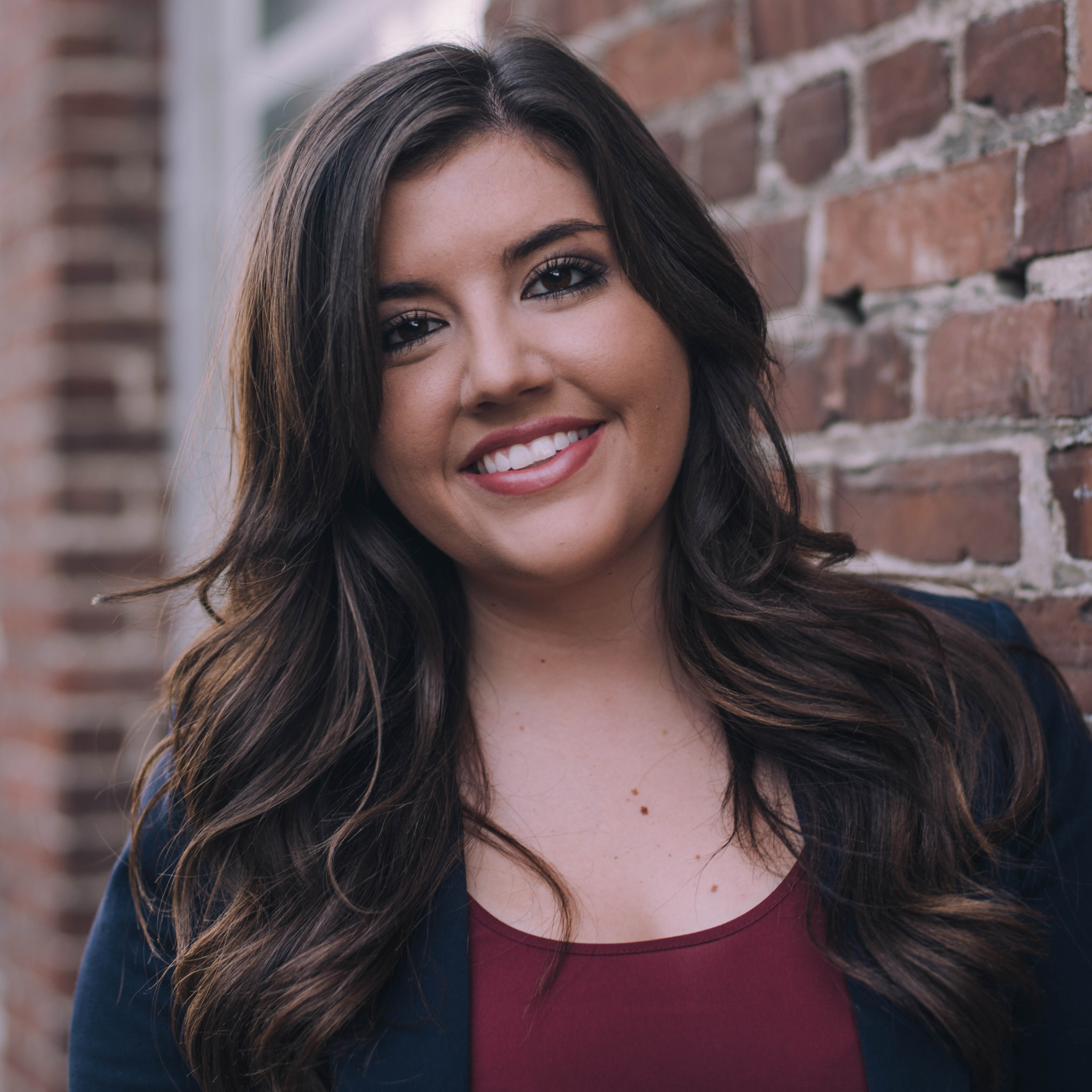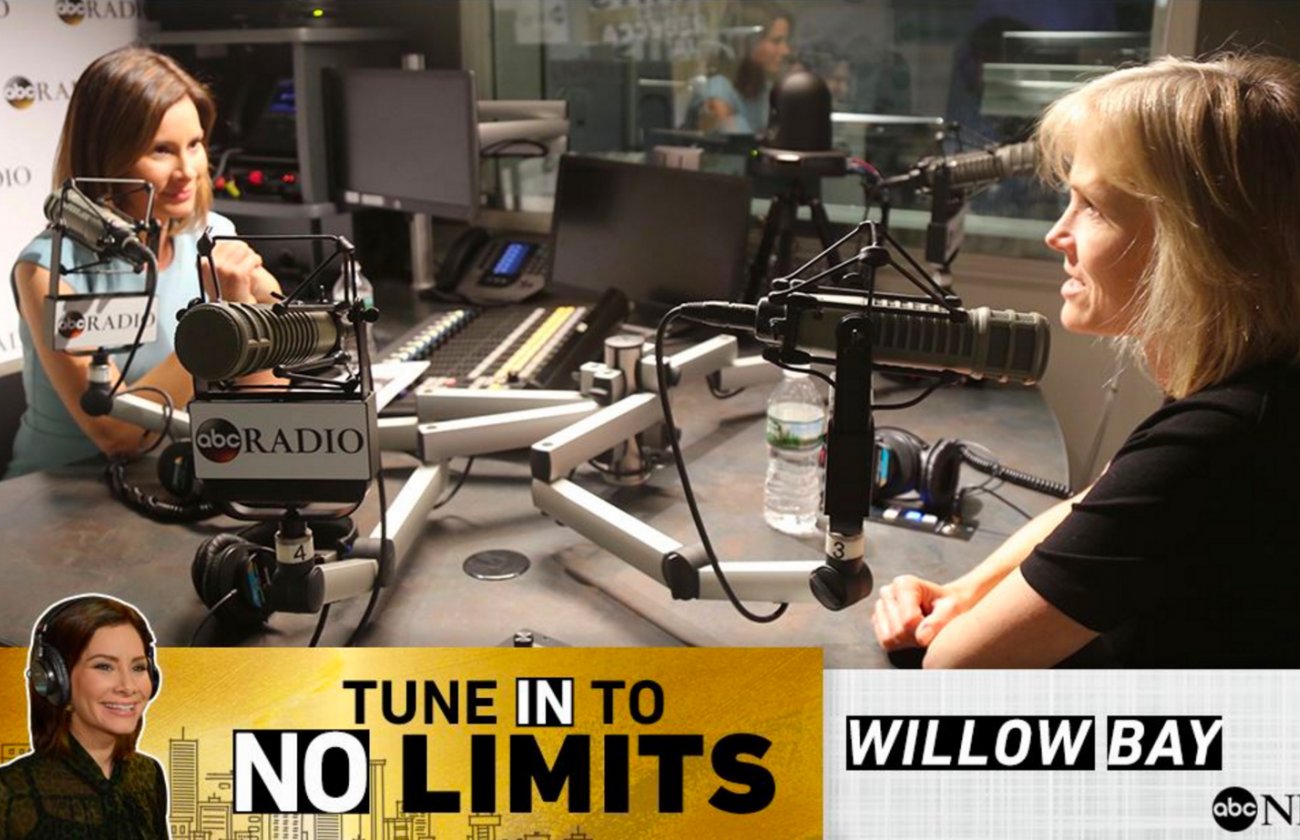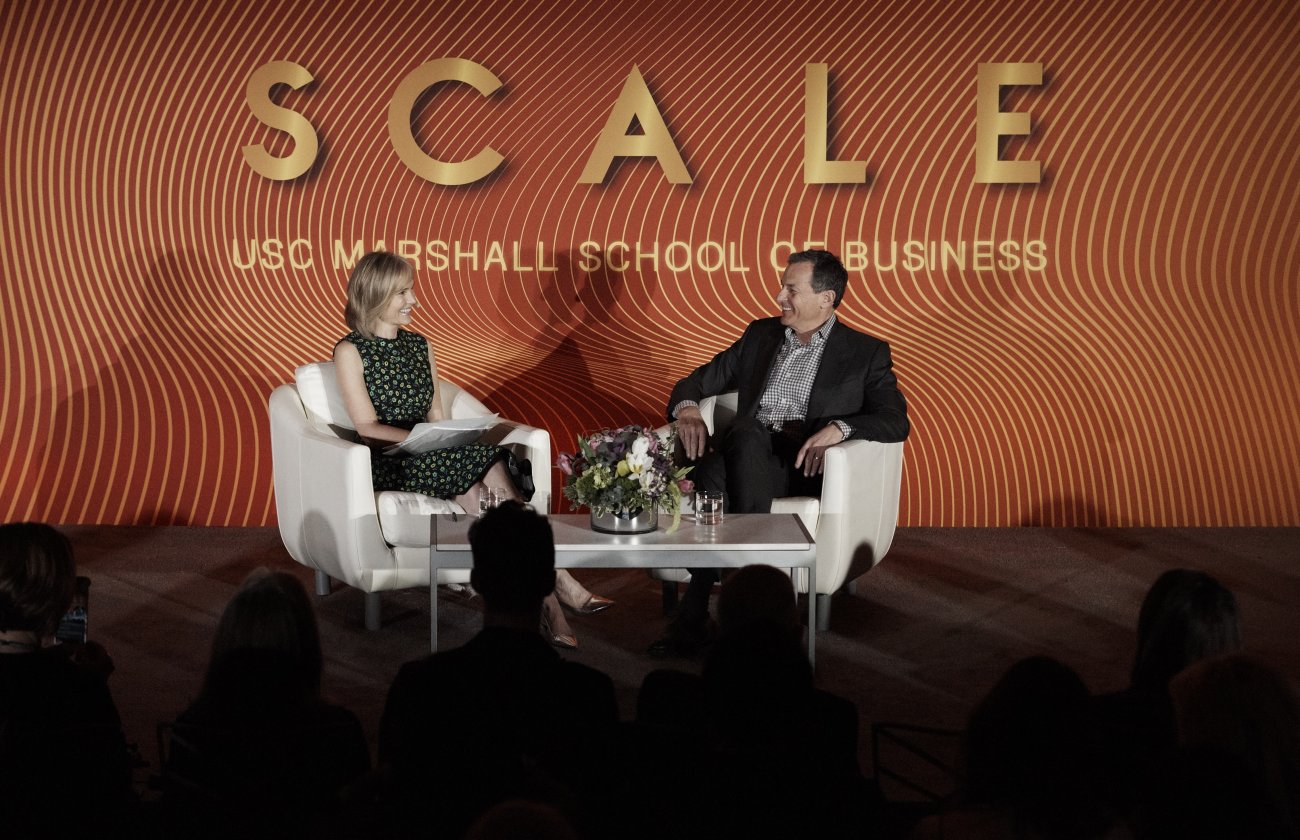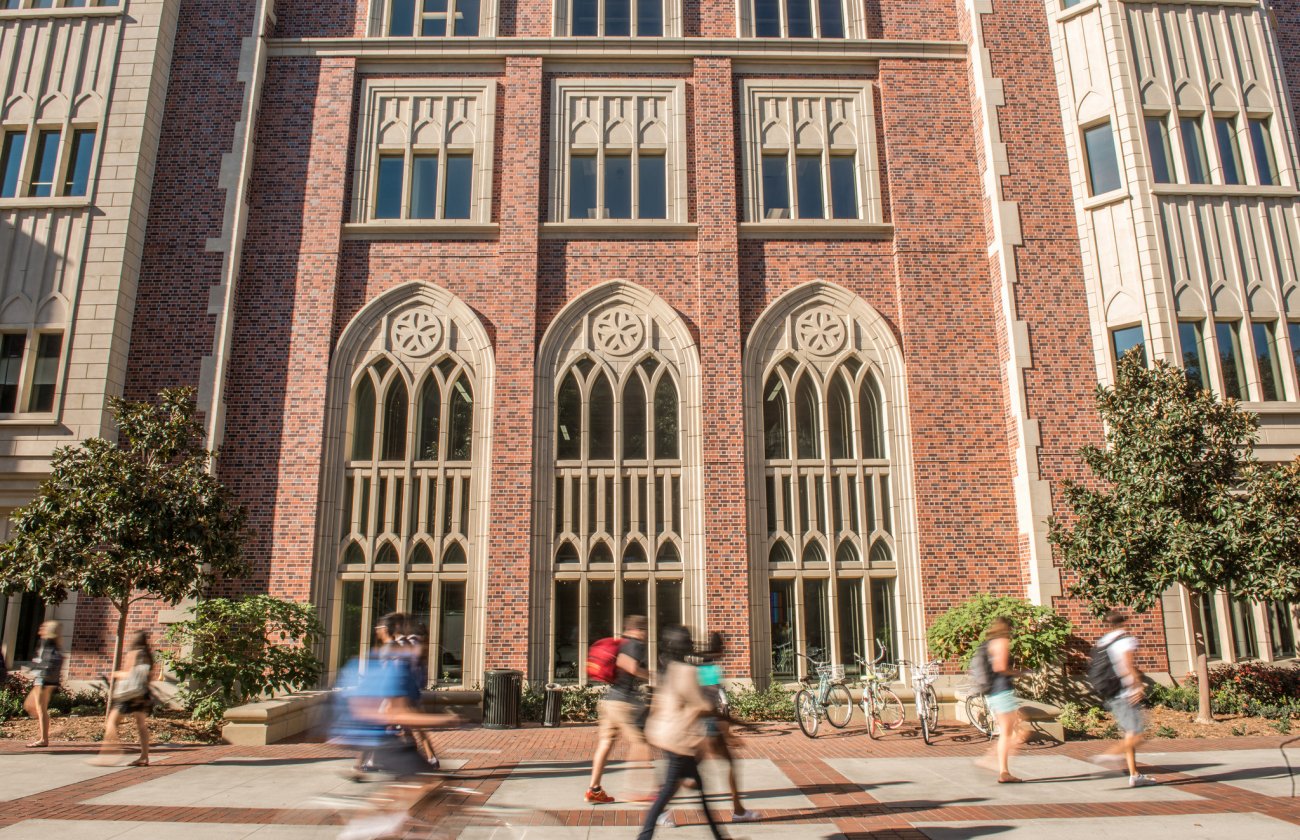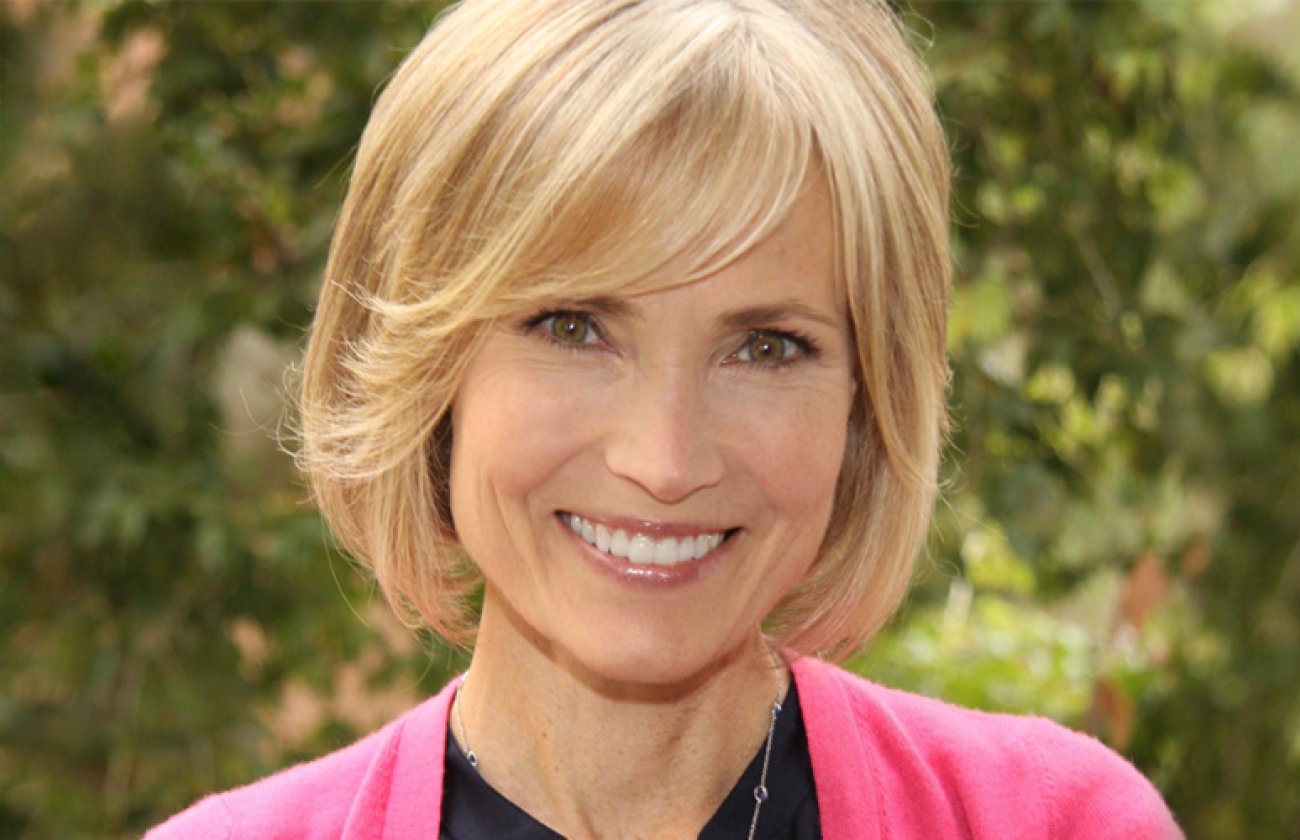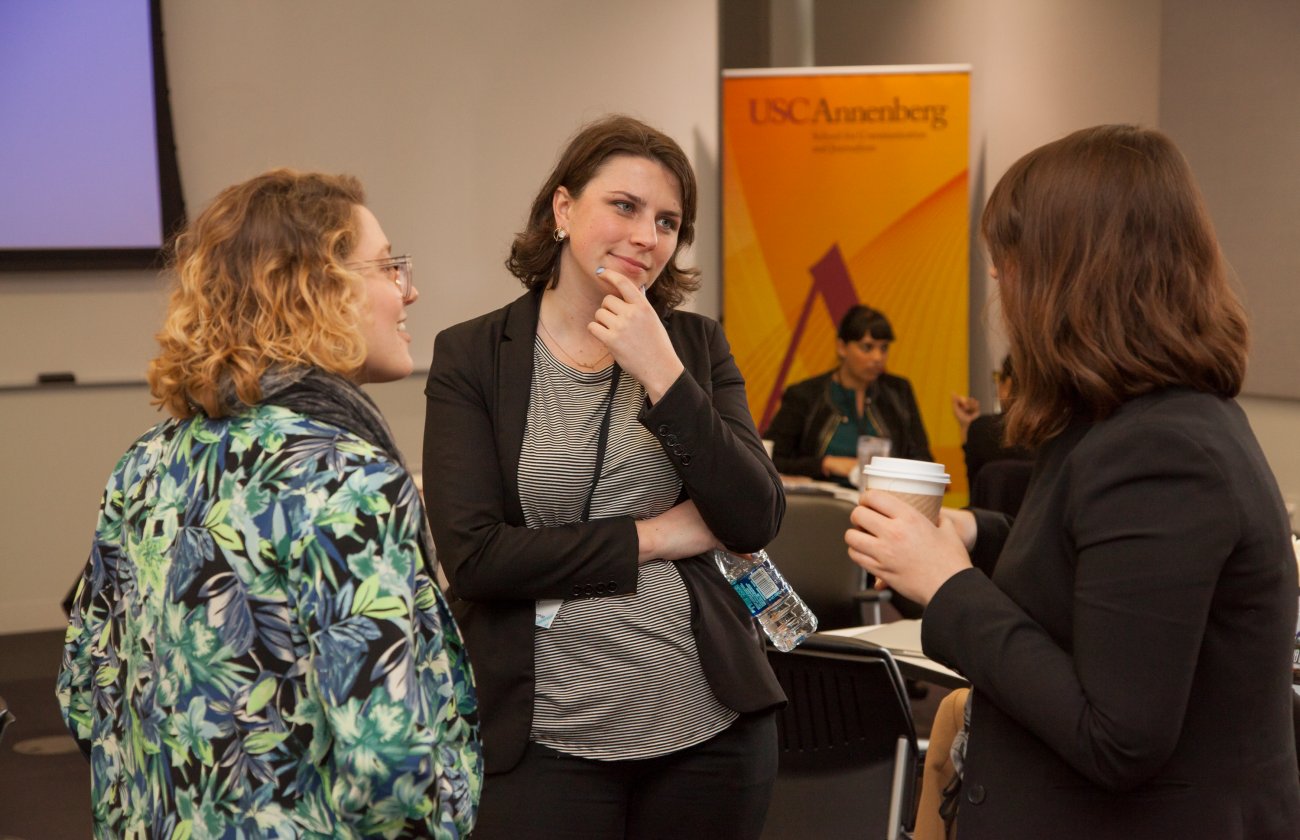At USC Annenberg, we don’t just cover the news, we make it. “Quoted: USC Annenberg in the News” gathers a selection of the week’s news stories featuring and written by Annenberg’s leaders, faculty, staff and others.
Women scarce in films abroad, USC study finds
A new study from Professor Stacy Smith was featured in a story from The Los Angeles Times. Smith, who is also the director of Annenberg’s Media, Diversity, & Social Change Initiative, and her team looked at the roles of women in front of and behind the camera in films from Australia, Brazil, China, France, Germany, India, Japan, Russia, South Korea and Britain.
“It is a critical time for the entertainment industry as they expand into international territories, and particularly China,” Smith said. “My interest in understanding what audiences in growing markets might already be watching.”
The study found that films with the highest percentage of female characters were made in Britain (37.9%), Brazil (37.1%) and South Korea (35.9%), while the lowest percentage of female characters was found in Indian films (24.9%).
“Just like in the U.S., we are not seeing fictional female power brokers in popular films,” Smith said. “This is unfortunate, as stories are only a function of the imagination, and creativity should not be constrained by gender.”
The study was also featured in The New York Times, Bloomberg, The Guardian, and Newsweek.
Adam Clayton Powell III on Left Jab Radio
Adam Clayton Powell III, a senior fellow at Annenberg’s Center on Communication Leadership & Policy, went on Left Jab Radio to discuss new technology, providing equal access to technology, as well as being progressive in media and technology.
Powell recently returned from an annual conference called Highway Africa, which draws bloggers, broadcasters, print journalists and others to discuss new technology and the future of media on a global scale. He mentioned a project, which he presented at the conference, that looks at what role cell phones play in providing public service, as well as how underserved communities get access to mobile technology.
Powell also discussed what it means to be progressive, saying that it starts with Google's alleged motto: “Don’t do harm,” and then building up from there.
“Being progressive means that you recognize that there are people who need help and that there is a positive role in society for creating mechanisms to help them,” he added.
U.N. General Assembly: Obama Aims to Rally Support for ISIS Fight
Professor Philip Seib was quoted in a story from NBC News on President Obama seeking support from the United Nations in the fight against ISIS.
“He doesn't want this to be another U.S. war,” Seib said, adding that The White House is hoping for a resolution that “will compel countries to prosecute citizens who go to the Middle East to join ISIS and curb the flow of would-be fighters through their regions.”
Growing share of Americans want religion to play a role in U.S. politics
KPCC’s “Take Two” talked to USC Annenberg Professor Diane Winston about a new report from the Pew Research Center that found that “nearly three-quarters of Americans say that religion is losing influence in American life.”
Winston said she agreed with the report’s findings, adding that when she asked her class of nearly 100 students about their religious affiliation, around 60 of them said they were unaffiliated.
“That to me is an example of the loss of religious influence,” Winston said. However, she said that religion does still have some influence, citing privately owned companies such as Hobby Lobby and rights of religious free exercise.
“The saliency of culture war issues — abortion, same-sex marriage — these all show that religion is a vital part of American life,” Winston added.
Climate change will be the number one issue in the 2034 midterm elections
Marty Kaplan wrote an article for Jewish Journal about the importance of addressing climate change, coinciding with the UN Climate Summit, which began this week.
Kaplan, who is also the director of Annenberg’s Norman Lear Center, cited polls in which many Americans ranked dealing with climate change nearly last on a list of public priorities or said they were concerned about climate change only “a little” or “not at all.”
“At a certain point, we will discover ourselves unable to outlaw or repent or pray away the carbon dioxide and methane blanketing the planet,” Kaplan wrote. “If that time comes, no change of mind or heart or law will be able to derail our rendezvous with catastrophe.”
He added that although the 2014 midterm elections are coming up and there is time to make effective decisions regarding climate change, it’s “not a top worry, does not promise to drive turnout, [and] will not inspire a wave election.”
He also included a video called “2036,” made by the Norman Lear Center’s Hollywood, Health & Society program. They interviewed children about global warming, as well as what they think and hope the future will be like.
Hollywood, Health & Society was also featured in a story from The Atlantic.
Funded by the Centers for Disease Control and Prevention in 2001, the organization works with television writers to ensure accurate medical information in their storylines. They've consulted on shows such as "Breaking Bad," "Parenthood," and "Grey's Anatomy."
They've also begun providing information for storylines involving the Affordable Care Act, delving into topics such as enrollment problems, obstacles to mental-health treatment and coverage for immigrant families, with the goal of “inspiring and informing” writers, Program Director Kate Langrall Folb said.
How Much Does Physical Space Matter in Journalism Education?
USC Annenberg student Anna-Cat Brigida wrote a story for PBS MediaShift about the brand-new Wallis Annenberg Hall, where “the space is bigger, technology better and design newer.”
Annenberg Professor and Media Center Director Serena Cha said the building was a collaborative project.
“People talked about how they wanted to use a new building and they wanted a lot of these gathering spaces,” Cha said. “That’s why this building reflects the wishes of the students, faculty and staff members.”
Journalism School Director Willow Bay added that inside the Media Center, it’s easy to see how the new space advances the student experience.
“When you go into that Media Center and you feel the energy, it feels like newsroom,” Bay said. “You have the energy. You have the buzz. You have the heat.”

